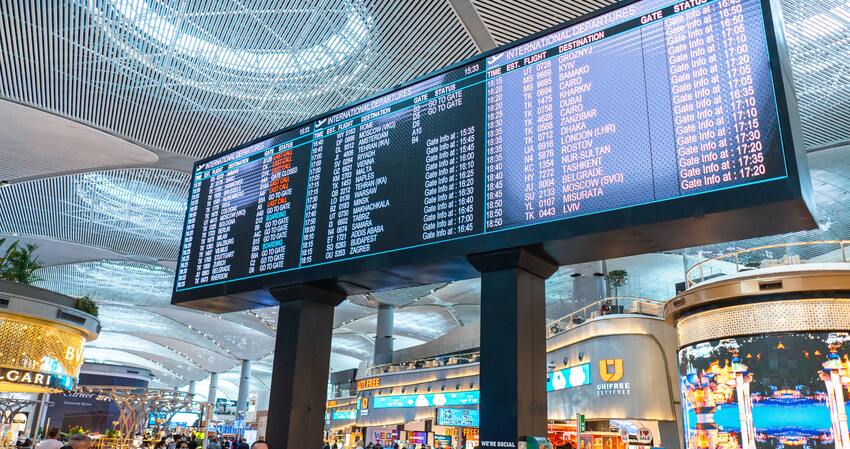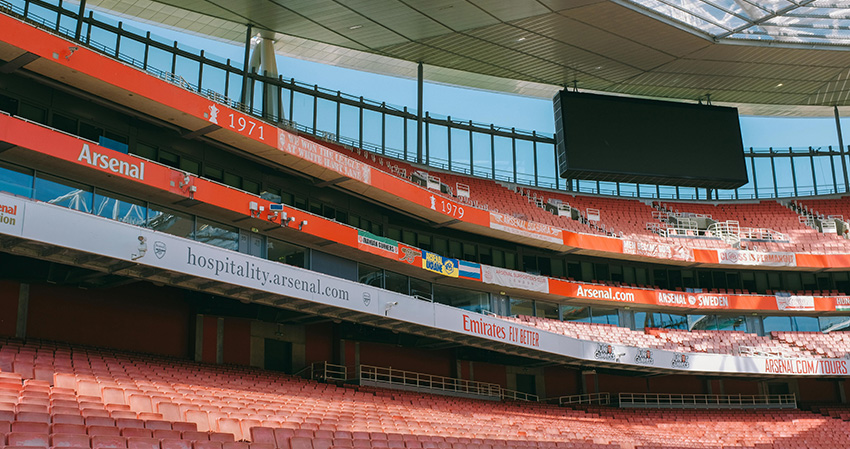
As many as 45 people were killed and 239 injured earlier this week (June 28th) when three suicide bombers detonated themselves at Istanbul’s Ataturk Airport.
According to witnesses, the first attacker started shooting his automatic rifle in the departures hall.
He was then shot by the police, but blew himself up 20 seconds later in the arrivals hall on the floor below, as did the other two suicide bombers.
Prime Minister Binali Yildirim was reported by the local press as saying: “This attack, targeting innocent people is a vile, planned terrorist attack.”
It is believed there were 13 foreigners among the dead, including travellers from China, Uzbekistan, Ukraine, Iran, Jordan and Tunisia.
Witnesses reported broken ceiling panels and plates of glass outside the arrivals section, and debris littered the floor around the injured bodies.
Although Islamic State has not yet taken responsibility for the attacks, the terrorist organisation is believed to be the number one suspect.
This attack has been a major wake-up call for the international public, as Ataturk airport is the third largest travel hub in Europe. It serves 61.3 million passengers a year, and is just behind London Heathrow and Paris Charles de Gaulle as the busiest airports on the continent.
Turkish President Recep Tayyip Erdogan said the bombs “could have gone off at any airport in any city around the world”, sending shockwaves to travellers all over the globe.
Should a terrorist attack occur, one way to reduce the impact of the devastation is to have blast protection window film installed.
This prevents glass from shattering, minimising the risk of injury and death to those nearby, as well as damage to the building.














